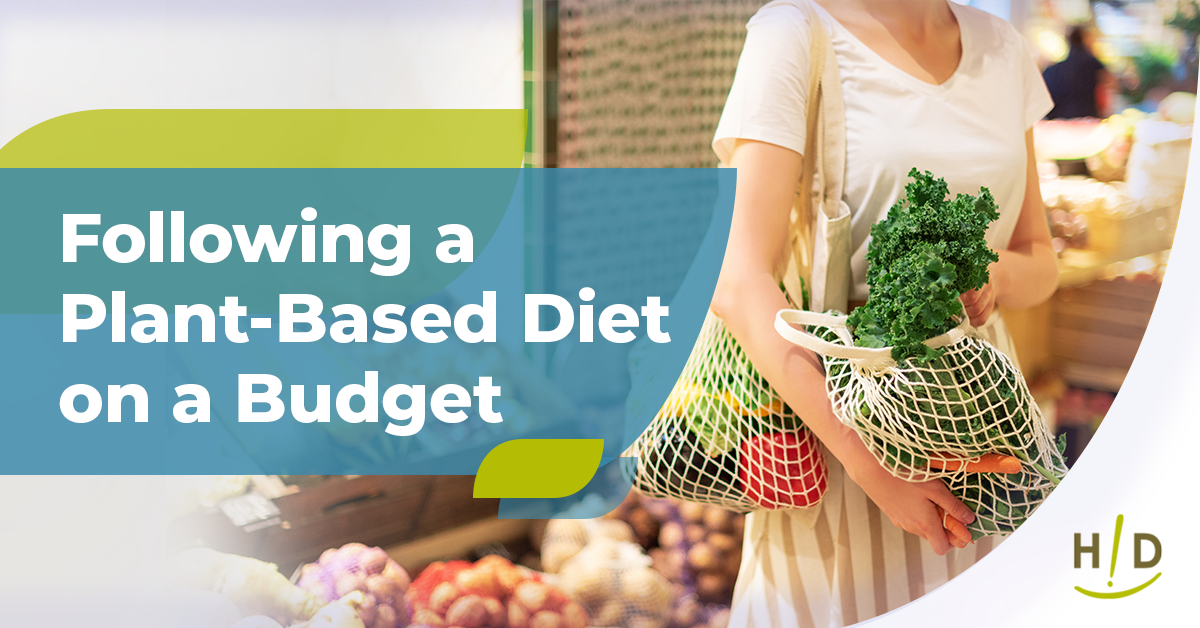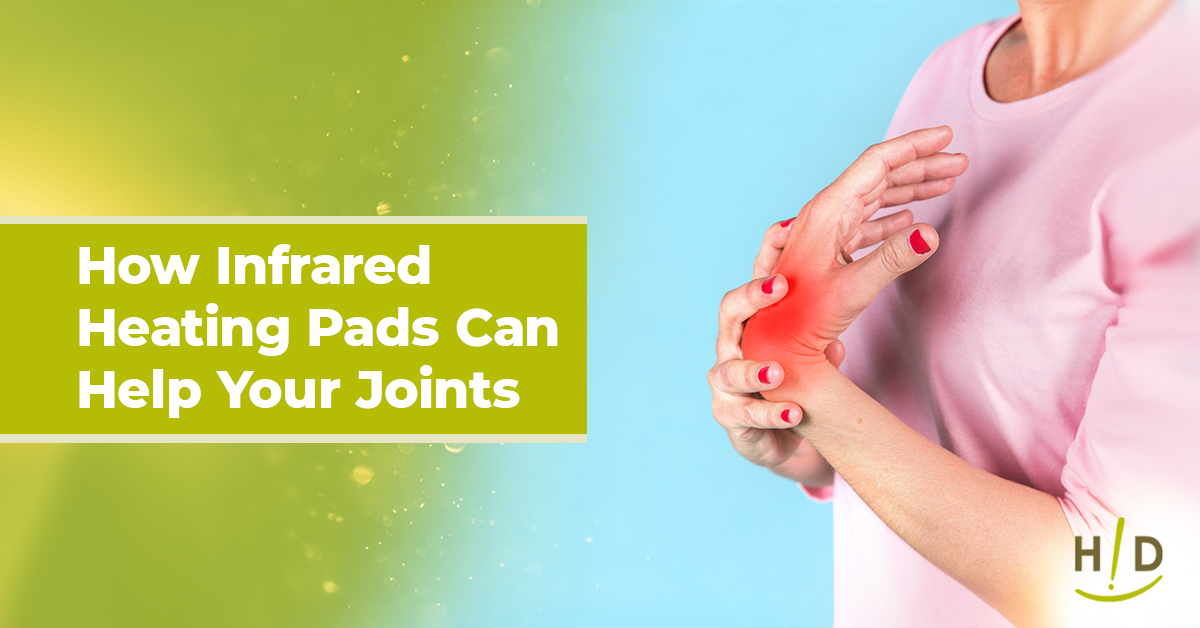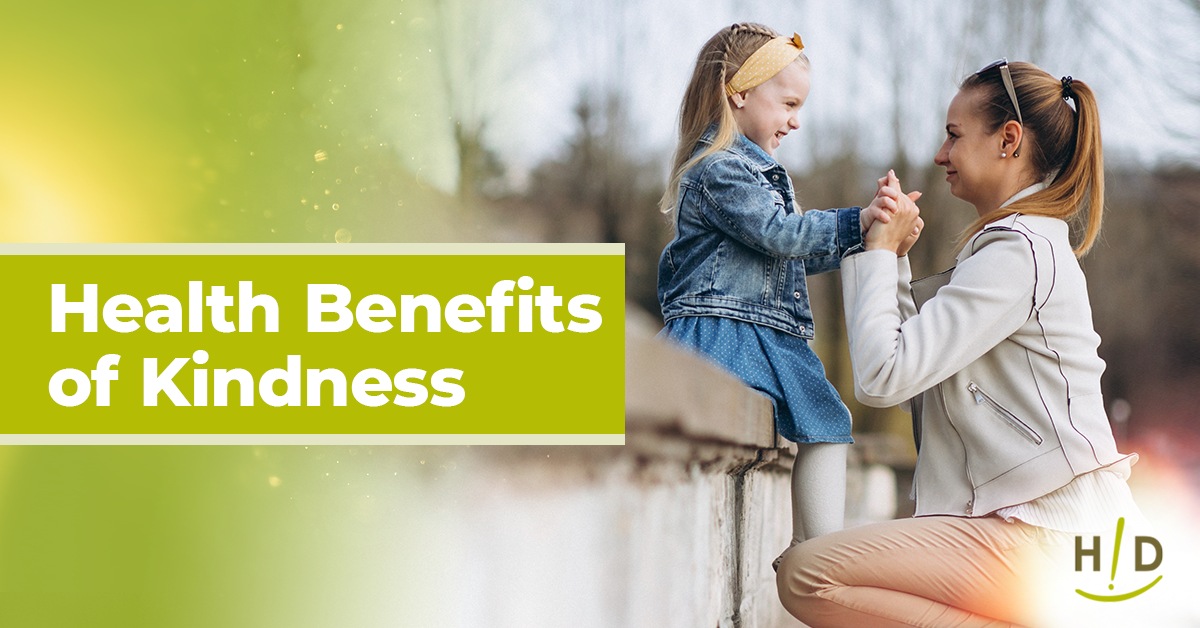Christmas is just weeks away, and as is typical for the season, people start to feel generous. Donations to the bell ringers with the red buckets increase, end of year donations to favorite charities will occur and you may even feel so benevolent as to put together a shoe box for an international missionary.
While, these are all quite attractive, did you know that kindness can actually help you heal your body? Yes, there are numerous health benefits to being kind.
As we soon enter the season of “Giving,” we may want to look at some evidence that strongly suggests that this season should become a year-long experience.
Our brains love kindness – our neurological reward systems show similar activity when we win money and when the same money goes to a charity of our choice. In short, when we give, our brains look like they are gaining something – and the pleasure we feel makes us more likely to give in the future.
Research by Elizabeth Dunn at the University of British Columbia found that people given $50 who spend it on others are happier at the end of the day than people who spend it on themselves. The same goes for a work bonus of a few thousand dollars – even though, beforehand, people say they’d much prefer to spend the money on themselves. We are even happier when we remember buying things for others than when we remember buying things for ourselves. And the more generous we are in general – the more money we spend on gifts and donations – the happier we tend to be.
So, giving is pleasurable, but what about helping? It might seem easier to spend money on others than to spend time on them, but it turns out both forms of kindness make us happier. A study of more than 3,000 people found that 95% of people feel good when they help someone, 53% of people feel happier and more optimistic, and those feelings last hours or even days for 81% of people. The “helpers’ high” is a real phenomenon.
A 2001 study found that regular volunteering increases happiness, life satisfaction, self-esteem, and sense of control over life. And it works for young and old alike: black inner-city teens who tutor younger children have more positive attitudes toward self, others, their education, and the future; and elderly people who volunteer are more satisfied with life.
Kindness strengthens our immune system, reduces aches and pains, improves our cardiovascular profile, and boosts energy and strength in elderly people. In a 2006 study, the most loving and kind couples were shown to have the lowest levels of atherosclerosis (clogging of the arteries).
Various studies in the past 15 years have shown that regular volunteers have better health and (among the elderly and those with HIV/AIDS) a lower mortality rate.
So how often should we be out volunteering? A study by Allan Luks, famous for researching the “helpers’ high,” found that weekly volunteering makes you 10x more likely to experience health benefits than annual volunteering. Among older people ages 64-68, an Australian National University study found that we get the greatest health benefits from volunteering about 2-4 hours a week and little benefit from any time beyond that.
Even witnessing kindness might be good for us: a 1988 Harvard study found that participants who watched a 50-minute video about Mother Teresa had elevated levels of salivary immunoglobulin-A, which protects us from pathogens in food.
Over the past 15 years, various studies have shown a connection between kindness, altruism, and volunteering and less depression. For volunteers, this is the case as long as they don’t go overboard and overburden themselves by giving too much or too often. Being unkind to ourselves – via low self-compassion – is also connected to depression and low psychological well-being.
Oddly enough, those of us who are struggling might be some of the best candidates for kindness. Over the years, studies of people fighting disease, chronic pain, and emotional trauma have shown that kindness can help them cope better and combat negative emotions.
A 2004 Brown University study, for example, found that alcoholics who help other alcoholics have a 40% sober rate the next year, compared to 22% among alcoholics who didn’t help others. For patients with chronic back pain, helping other chronic pain sufferers actually decreased the intensity of their pain. And HIV patients who practice altruism can lower their stress levels.
Self-kindness is equally important for coping. When we’re ill or troubled, it’s easy to blame ourselves and think of all the things we could have done better, everything that’s wrong with us, all the opportunities we missed. Self-kindness is a way to find some peace and acceptance, and to care for ourselves the way we would care for a loved one in our situation. Chronic acne sufferers who practiced self-compassion for two weeks – including challenging their inner critic and writing a self-compassionate letter – experienced less shame and depression as well as less physical burning and stinging due to acne.
When self-critical people fail, their brains go into problem-solving mode; they feel more negative and try to avoid the reality of failure. When self-compassionate people fail, brain areas related to positive emotions and compassion activate, and they tend to be more positive and accepting. If you force self-compassionate people to list the worst things that have ever happened to them, they tend to comfort themselves and feel that everyone has been through a similar experience, while self-critical people feel negative and worse off than others.
In short, trauma presents an opportunity: Do we beat ourselves down even further, or give ourselves the care and comforting that we so desperately need? So many of us choose the former, but the benefits of self-kindness can be revolutionary.
Often, you’ll see things like “open the door for others,” “say hello to a stranger” or “hug a loved one” on lists of ideas for acts of kindness—but these behaviors and acts should be considered common courtesy and generally nice behavior rather than something extraordinary. These are things you should be doing any way!
Instead, think of things that you can do that take some thought, effort or time. Buy the coffee for the car behind you in the drive-thru lane, donate blood, hand out hats and gloves to people in need, pay the bill for another’s meal at a restaurant, shovel your neighbor’s driveway, leave a kind note of inspiration on a stranger’s car, bring flowers to a nursing home—the list could go on and on!
As Aldous Huxley said, “People often ask me what the most effective technique for transforming their life is. It is a little embarrassing that after years and years of research and experimentation, I have to say that the best answer is—just be a little kinder.”
Continue reading

Following a Plant-Based Diet on a Budget
Following a Plant-Based Diet on a Budget
If you’re still worried about embarking on your...





